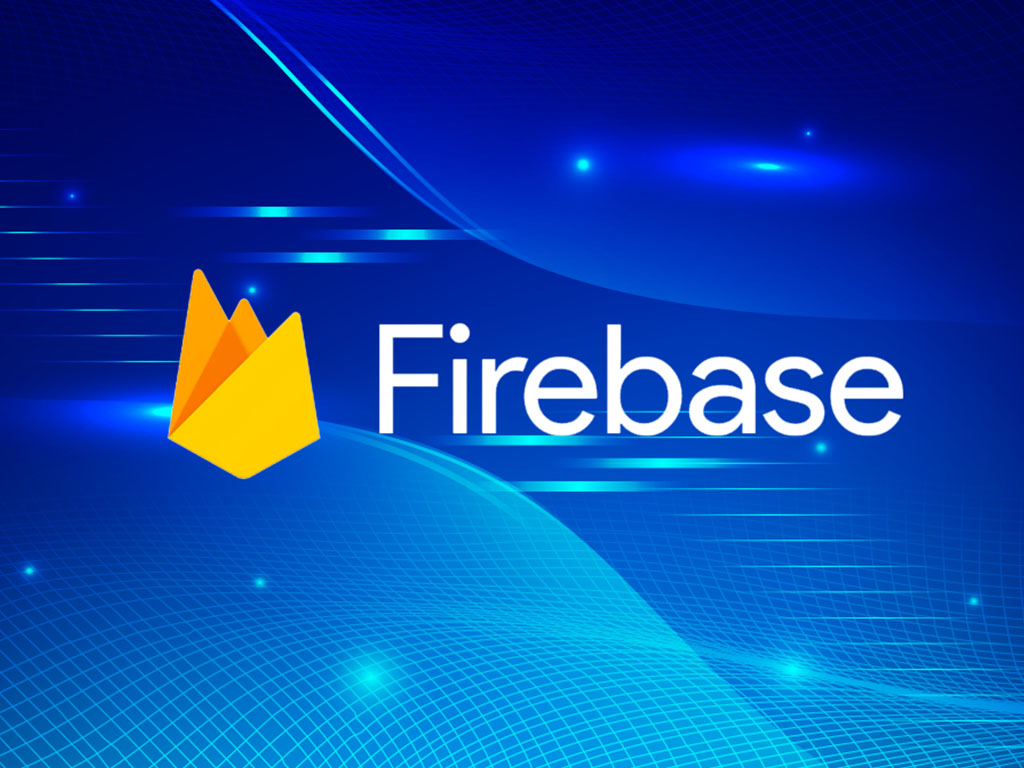Introduction:
Firebase is a robust and comprehensive platform provided by Google that has become a go-to choice for many developers when building web and mobile applications. With its wide range of features and services, Firebase simplifies the development process and empowers developers to create dynamic and scalable applications. In this blog, we will explore the diverse topics of Firebase, its advantages, disadvantages, and how it enhances the development experience for developers.
Diverse Topics to Explore:
Realtime Database vs. Firestore:
Firebase offers two real-time database options: Realtime Database and Cloud Firestore. In this section, we will compare these two options, highlighting key differences in data modeling, querying, and scalability. By the end, you will have a better understanding of which option suits your specific application requirements best.
Authentication with Firebase:
Firebase provides a comprehensive authentication system that integrates seamlessly with popular identity providers. In this topic, we will take an in-depth look at Firebase's authentication services and guide you step-by-step on implementing secure user authentication in your web and mobile apps. Learn the best practices for managing user sessions and enhancing the overall user experience.
Firebase Cloud Functions:
Firebase Cloud Functions play a pivotal role in serverless architecture. In this section, we'll dive deep into Cloud Functions, exploring how to write and deploy them to automate tasks and trigger events. Discover various use cases where Cloud Functions can enhance your app's functionality and efficiency.
Firebase Hosting and Deployments:
Firebase Hosting offers a hassle-free deployment process. In this topic, we will walk you through Firebase Hosting setup and show you how to streamline continuous integration and continuous deployment (CI/CD) pipelines. Uncover the power of Firebase Hosting for A/B testing and progressive web app (PWA) deployment.
Firebase Cloud Messaging:
Firebase Cloud Messaging (FCM) enables you to send push notifications to users on both Android and iOS platforms. In this segment, we will delve into the intricacies of Firebase Cloud Messaging, guiding you through the implementation of push notifications in your apps. Learn effective strategies for push notification campaigns to boost user engagement.
Advantages of Using Firebase:
Easy and Quick Setup:
Firebase offers a simple setup process, enabling developers to get started quickly without worrying about server configuration. This means you can focus on building your app's core features.
Real-time Synchronization:
Firebase's real-time database capabilities allow seamless synchronization of data between clients, enabling real-time collaboration and updating. This makes Firebase ideal for applications requiring real-time user interactions.
Scalability:
Firebase is designed to scale effortlessly, accommodating growth in user base and data with ease. Whether you have a small app or a large-scale project, Firebase can handle it.
Cross-platform Compatibility:
Firebase supports various platforms, including web, Android, iOS, and Unity, facilitating cross-platform app development. This enables you to reach a broader audience without building separate backend systems.
Extensive Authentication Options:
Firebase provides a wide range of authentication options, reducing the development effort for implementing secure user authentication. You can easily integrate social logins and email/password authentication.
Disadvantages of Using Firebase:
Vendor Lock-in:
Using Firebase may lead to vendor lock-in, making it challenging to switch to other backend services. Consider the long-term implications of using Firebase and plan your migration strategy accordingly.
Limited Query Capabilities:
Firebase Realtime Database has some limitations in complex querying compared to traditional SQL databases. Evaluate your data requirements and consider whether Firestore might be a better fit for your app.
Pricing Model:
While Firebase offers a free tier, costs can escalate as applications grow, requiring careful management of resources. Keep an eye on your app's usage and plan your budget accordingly.
Conclusion:
Firebase has emerged as a powerful and versatile platform for developers, streamlining the development process and empowering them to build dynamic applications. Its real-time capabilities, easy setup, and extensive authentication options make it a top choice for many projects. However, developers should also consider its limitations, such as potential vendor lock-in and pricing implications. By understanding Firebase's features, advantages, and disadvantages, developers can make informed decisions to leverage its capabilities effectively and create outstanding applications.







Comments
Post a Comment